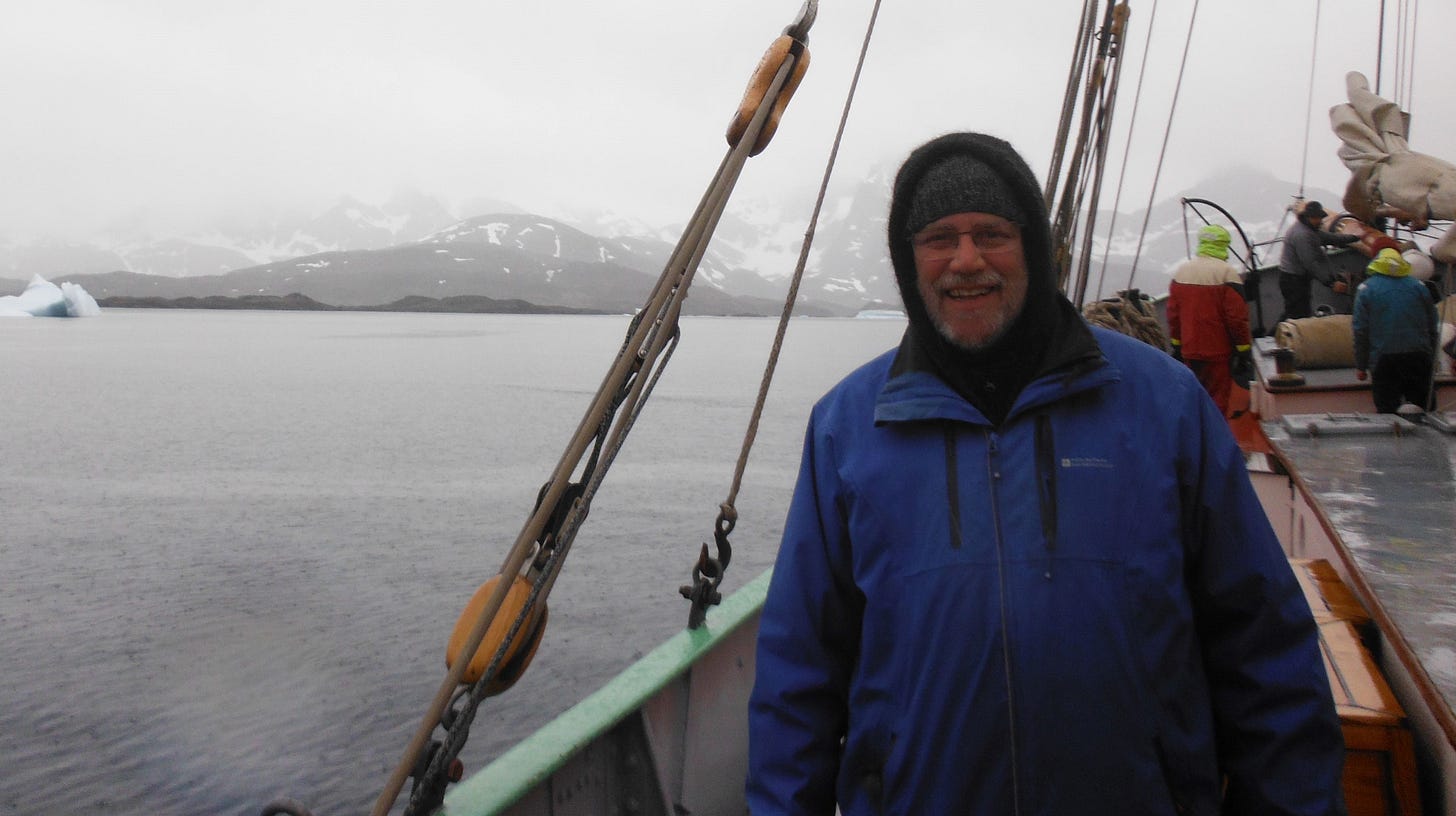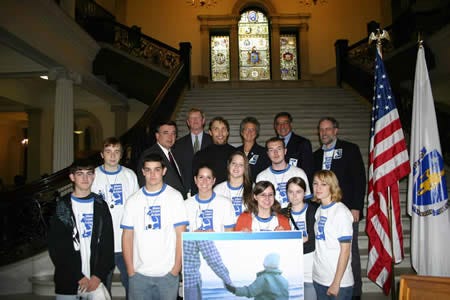Welcome to Clam Chowdah Narratives
with Rob Moir
The best clam chowder has the freshest clams and balances just the right amount of diced potatoes, onion, celery, milk and cream, and clam juice. It is not one ingredient. All ingredients are combined in the best proportions to make a chowder that we savor and regret when the spoon scraps on the bottom of the bowl.
The Clam Chowdah Narratives are about restoring the right biodiversity blend of ecosystems, recognizing we cannot grasp such vast things as “the Earth,” “the ocean,” or “the climate” unless we view and experience through the lens of the local and familiar.
In the Clam Chowdah Narratives, I explore how we have upset the balance and broken the natural cycles of water, carbon, and nutrients. By looking closely, talking with people, and drawing on local knowledge and science, I will tell how nature is being restored, how the losses may be repaired, and how to address climate change in our neighborhoods—local actions that will reap global benefits.
Subscribe to get full access to the newsletter and publication archives.
Stay up-to-date
Never miss an update—every new post is sent directly to your email inbox. For a spam-free, ad-free reading experience, plus audio and community features, get the Substack app.
Join the crew
Be part of a community of people who share your interests. Participate in the comments section, or support this work with a subscription.
Free subscribers have access to and will be empowered to make a difference with:
Weekly newsletter on wildlife, whales, and restoring ecosystems.
Weekly global warming/climate change solutions with meaningful actions to take.
Weekly short informative eco-action videos.
Each posting includes a chat box where readers can discuss obstacles and frustrations and share insights into what works.
Paid subscribers receive all free content plus:
Articles going out for publication, including op-ed pieces
Welcome to our hangout, where the chowdah is always tasty, fellowship warm, and everyone knows your game.
Founding subscribers
My gratitude for your generous leadership.
Investment in our shared mission to restore nature’s balance.
Meaningful connections and fellowship in the challenges ahead.
Welcome Aboard!
Paid subscriptions benefit the The Ocean River Institute. I acknowledge founders as donors furthering our endeavors for a bluer and greener Earth.
To learn more about the tech platform that powers this publication, visit Substack.com.
About Me
I am a former science teacher, natural history curator, and current director of the Ocean River Institute. My Dad taught me to sail, standing with water to his knees, holding the boat into the wind. I sat behind the centerboard box with one hand on the rope connected to the little tanbark sail and my other hand on the steering stick (tiller). “Always sail to windward,” he said, “so you may return home again with the wind on your back.”
I approach my work restoring nature as a sailor, taking the wind's power to use it to go against the wind. This can only be done in a zig-zag fashion by going in one direction and then turning quickly to go in another direction. Sometimes, no matter how deftly one steers and brings the boat about, the wind, waves, and tide will not let you pass through the narrows. No matter, I will still go sailing the next day. For me, it’s the journey, the fellowship of perseverance, giving it your best. There will always be more water to cross.
The Ocean River Institute was created in 2007 when people came together to support the Massachusetts Ocean Planning Act, implemented in 2008. Our name comes from Rachel Carson, who wrote in The Sea Around Us: “All at last return to the sea—to Oceanus, the ocean river, like the ever-flowing stream of time, the beginning and the end.”
The Ocean River Institute provides opportunities to make a difference and go the distance for savvy stewardship of a greener and bluer planet Earth.




